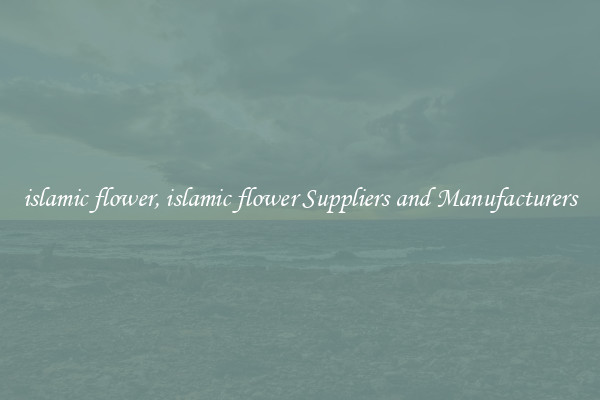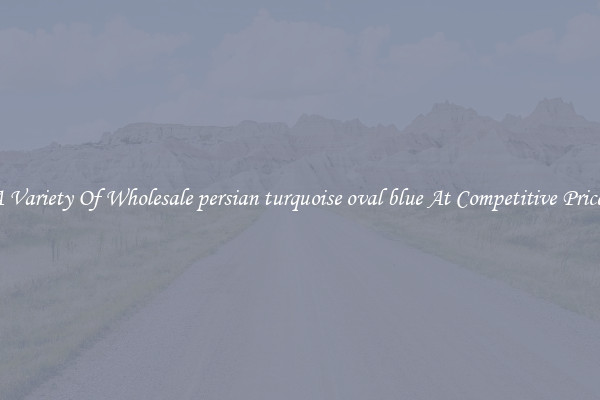islamic flower, islamic flower Suppliers and Manufacturers
Islamic flowers, also known as flowers that are commonly found in the Islamic world, hold a special significance in Islamic culture and tradition. These flowers are often used in religious rituals, ceremonies, and decorations, making them an important part of Islamic aesthetics.

Islamic flower suppliers and manufacturers play a crucial role in ensuring the availability and accessibility of these flowers to the Muslim community. These suppliers source, grow, and cultivate a variety of flowers that are used in Islamic practices, such as jasmine, roses, lotus, and lilies. They ensure that these flowers are of high quality, fresh, and fragrant, in order to meet the specific needs and requirements of their customers.
One of the key suppliers of Islamic flowers is Al-Falah Floral, a well-known company that specializes in providing a wide range of flowers for Islamic occasions. The company sources its flowers from reputable farms and nurseries, ensuring that they are grown in a sustainable and environmentally-friendly manner. Al-Falah Floral offers a variety of flower arrangements, bouquets, and wreaths for weddings, funerals, and other Islamic ceremonies.
Another prominent manufacturer of Islamic flowers is Dar Al-Banaat Florist, which has been in the business for over 20 years. The company prides itself on using traditional Islamic floral motifs and designs in their creations, incorporating verses from the Quran and Hadith into their arrangements. Dar Al-Banaat Florist also offers custom-made floral designs for mosques, madrasas, and other Islamic institutions.
In addition to supplying flowers for religious purposes, Islamic flower suppliers and manufacturers also cater to the general public, providing a wide range of floral products for weddings, birthdays, and other special occasions. These companies often collaborate with local florists and event planners to create unique and customized floral arrangements that reflect Islamic aesthetics and values.
Overall, Islamic flowers play a significant role in Islamic culture and tradition, and suppliers and manufacturers play a crucial role in ensuring the availability and accessibility of these flowers to the Muslim community. By sourcing, growing, and cultivating a variety of flowers that are used in Islamic practices, these companies help preserve and promote the rich cultural heritage of Islamic floral artistry.

View details

View details

View details

View details








